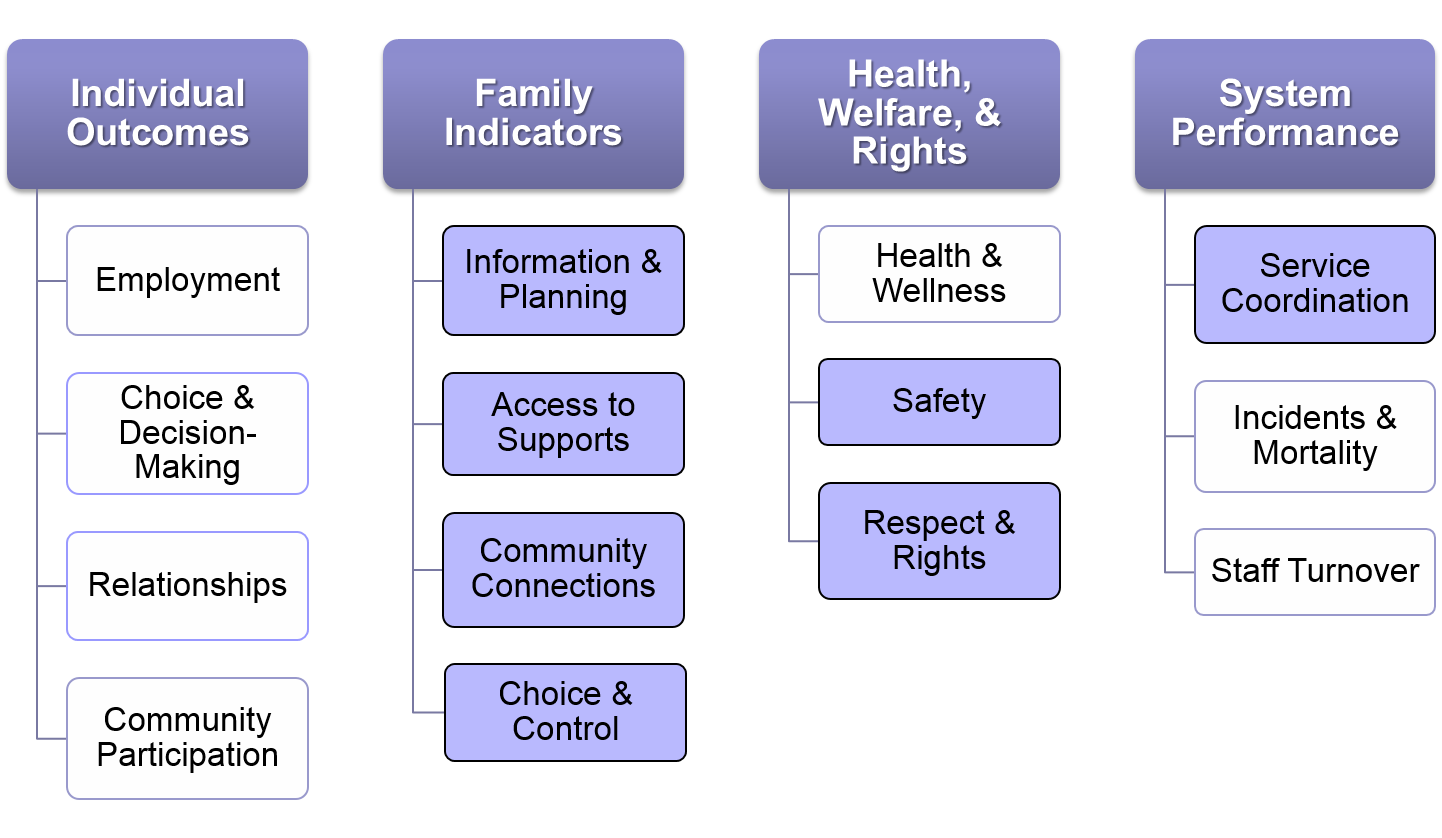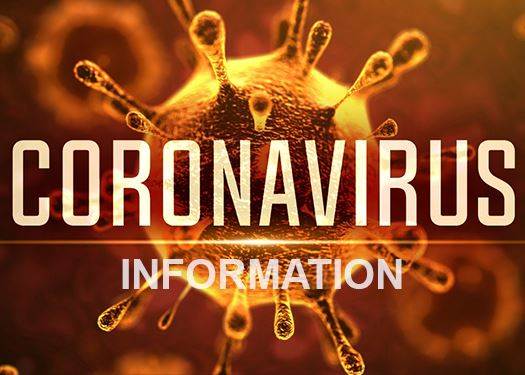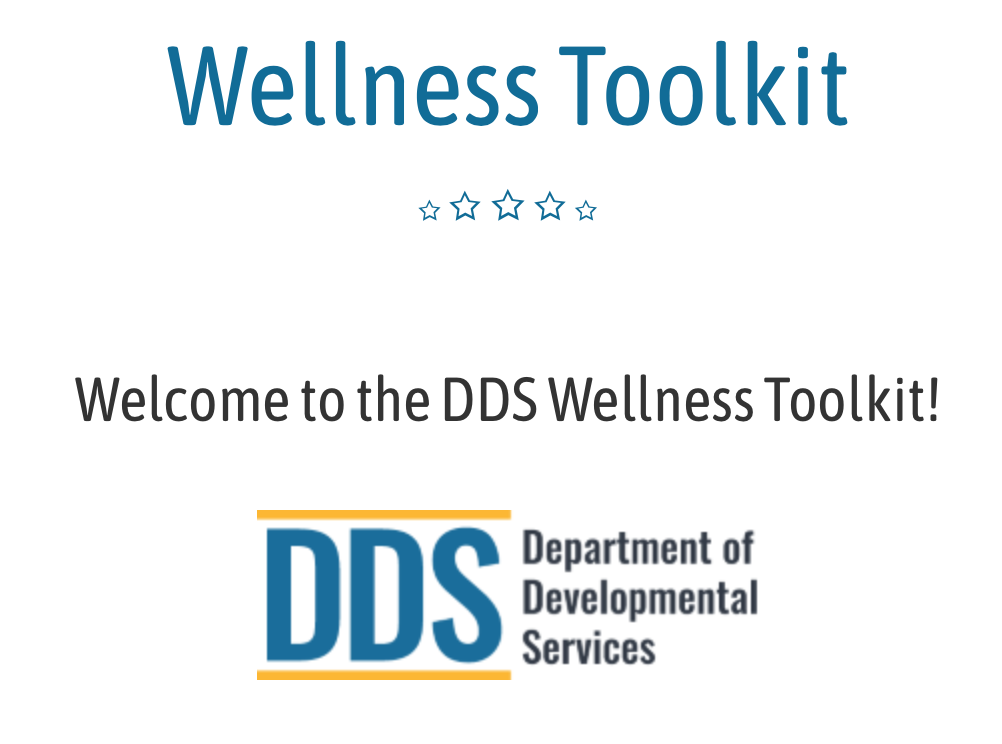National Core Indicators (NCI)
The National Core Indicators (NCI) program is a collaborative effort between the Human Services Research Institute (HSRI) and the National Association of State Directors of Developmental Disabilities Services (NASDDDS). It is nationally recognized as a valuable source of information about individuals with developmental disabilities receiving services across a large sample of states. The information is gathered by surveying individuals with developmental disabilities and their families about their satisfaction with the services they receive and their overall quality of life.
In California, the Department of Developmental Services (DDS) coordinates the implementation of NCI surveys and the State Council on Developmental Disabilities (SCDD) conducts the surveys for DDS. The core indicators are standard measures used to measure the outcomes of services provided to individuals and their families. Indicators address key areas of concern including employment, rights, service planning, community inclusion, choice and health and safety.
Lanterman Regional Center supports the value of NCI and we are committed to using the survey results to continually improve how we provide services that are meaningful to the people we serve and that are aligned with our mission and core values.
Lanterman’s NCI Data
Department of Developmental Services – Quality Assessment/National Core Indicators Survey Information
Regional Center National Core Indicator Reports
Regional Center Reports for the National Core Indicators (NCI) Adult Family Survey FY 16/17 and Family Guardian Survey FY 16/17 have been published and are now available online at the following web address: https://www.dds.ca.gov/rc/nci/reports/.
These reports are part of the Quality Assessment Project mandated in Welfare & Institutions Code section 4571. The raw survey data is available upon request and does not contain any personal identifying information.
Learn More About NCI
What is an Indicator?
The indicators – or standard performance measures – used across states to assess the outcomes of services provided to individuals and families. They are meant to provide a big picture “snapshot” of how well each state is performing.
The goal of the project was to develop indicators that are measurable, that are related to issues that states have some ability to influence, and that are important in the lives of people with disabilities and their families – and it does not matter what their level of disability is or where they live.
Indicators address key areas of concern including:
- Employment
- Civil and human rights
- Service planning
- Community inclusion
- Consumer choice
- Health, wellness and safety
These core indicators are the foundation of the project. There are about 100 indicators that address areas that are important to just about everyone – like having a job, being treated with respect, participating in your community, having input into important life decisions like where you live and what you do during the day, being healthy and having access to health services and being safe from abuse and neglect.
The surveys that have been developed to measure these critical features of someone’s life have been tested across states to ensure they are “reliable and valid” – meaning the information is accurate. There is consistency in the process no matter who asks the questions and the questions measure what they are supposed to measure.
This is really what makes NCI so valuable to individual states and to the field of developmental disabilities in general. It offers a way to consistently include the voice of people we serve and their families when evaluating outcomes.
What are the NCI Data Sources?
Family Surveys - a paper/hard copy mail-in survey is sent to families with:
- Adult children living at home
- Adult children living away from home
- Minor children living at home
Client Surveys are conducted by way of a face-to-face interviews with adults who are 18 years of age and older and living out of the family home.
NCI Framework
This NCI framework shows you how the 100 indicators – those important elements in people’s lives – are grouped together.

60 of the 100 indicators focus on individual outcomes for adults with intellectual and developmental disabilities: how well does the system support them in participating in their communities, having friends and other relationships, exercising choice and working. Other indicators in this area focus on how satisfied individuals are with services and supports.
Accountability Through NCI
Responds in ways that communicate system values
How we respond to the data and prioritize areas for improvement communicates to our clients and their families, and the community-at-large what we most value as an organization and where we want to focus our limited resources.
The NCI results help us measure successful service delivery to determine whether Lanterman Regional Center is providing services and supports in a way that aligns with our mission and core values.
Enhances transparency of the agency’s performance
Transparency and accountability are important in the regional center system. NCI further enhances transparency by way of publically sharing the results.
Involves and gives voice to individuals and families in the conversation about quality and outcomes
By participating in the NCI surveys, clients and families are having a voice in the conversation about quality and outcomes. This is an opportunity for clients and families to tell us what a good quality of life means to them and they identify the desired outcomes for their lives.







